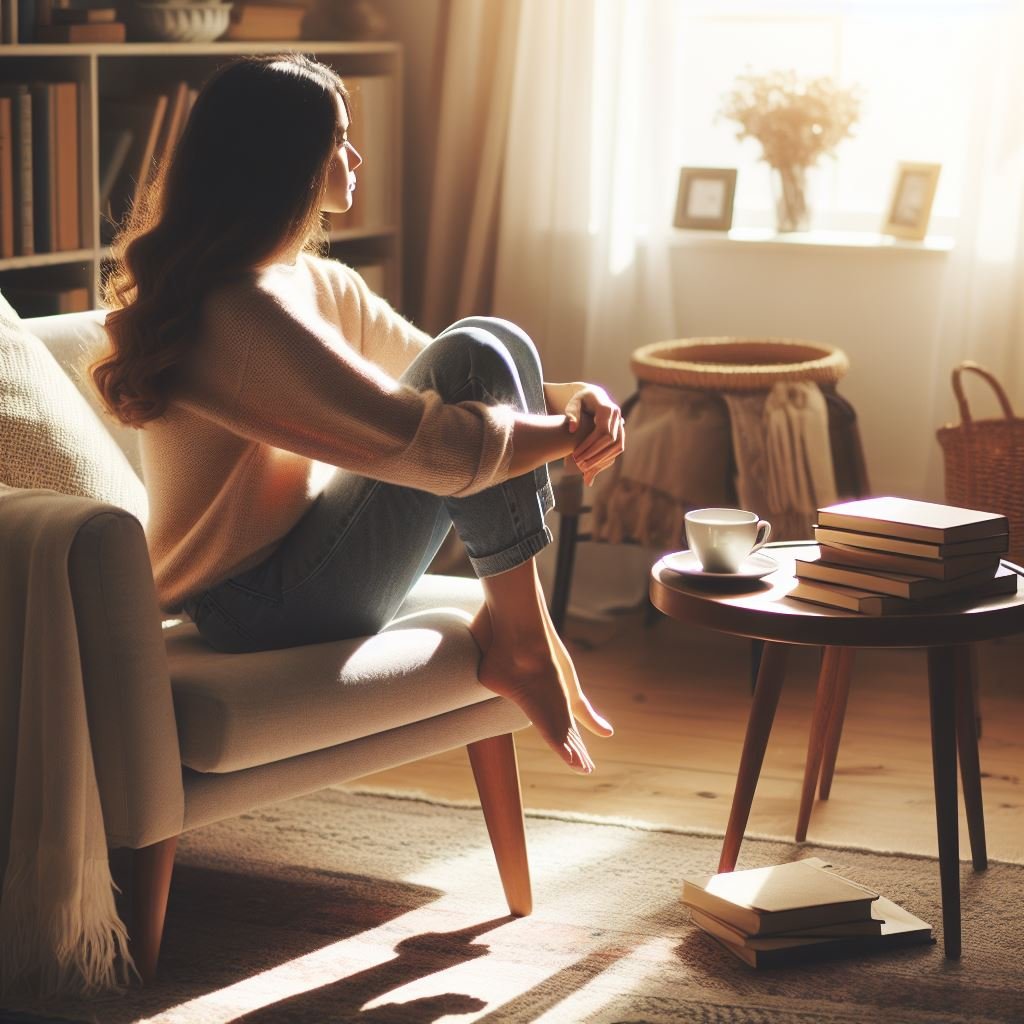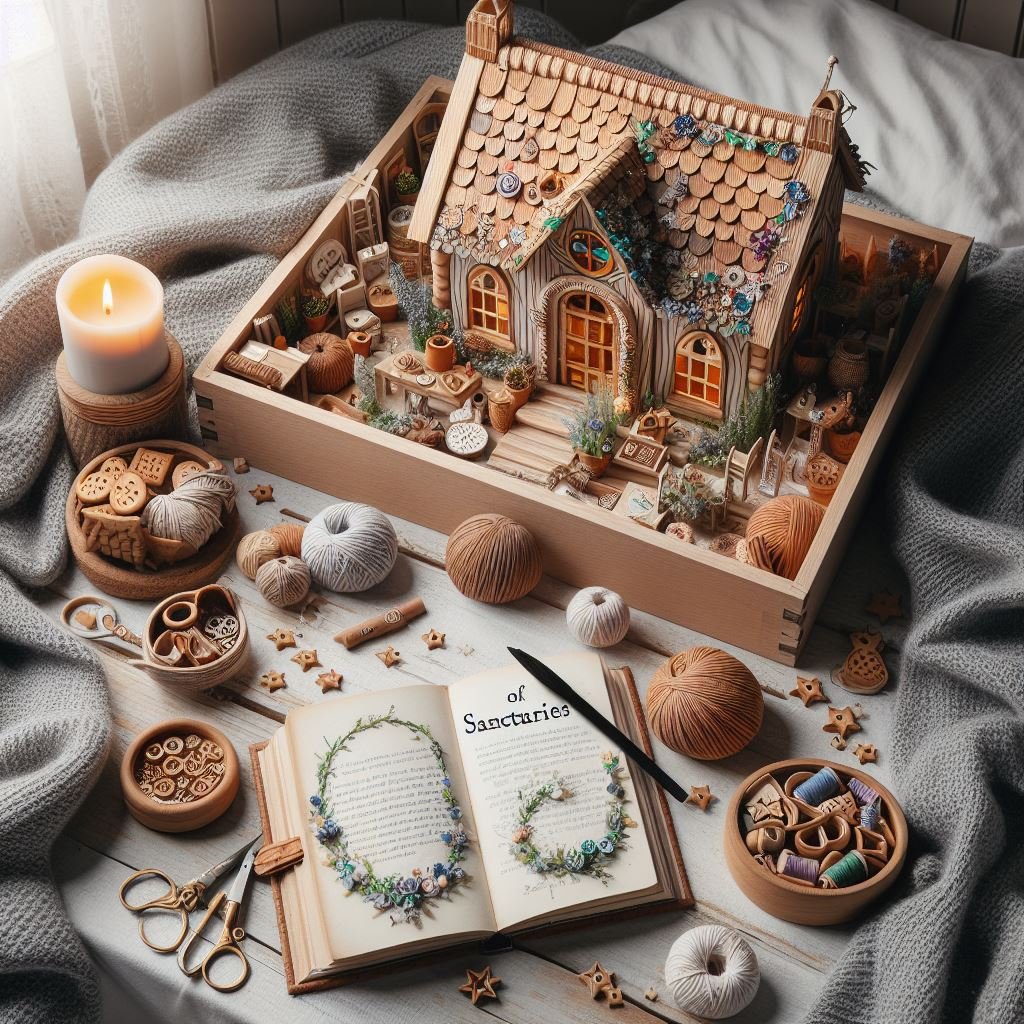Crafting Sanctuaries: The Significance of Personal Space at Home – Elijah Mcclain Autism
The concept of home extends beyond a mere physical structure; it embodies a sanctuary, a personal haven where one can retreat, rejuvenate, and express oneself freely. Within this sanctuary, personal space holds paramount importance, serving as a cornerstone for individual well-being, creativity, and harmony in shared living situations. This article delves into the significance of personal space at home, exploring its impact on mental and emotional health, and providing insights into how individuals can cultivate and respect these personal sanctuaries in a shared environment. Let’s see what Elijah Mcclain Autism said.
The Essence of Personal Space at Home
Personal space at home is characterized by areas or aspects of the home environment where individuals can enjoy solitude, engage in personal interests, and reflect without intrusion. This space might manifest as a designated room, a cozy nook, or even a specific time of day when one can expect undisturbed tranquility. It’s a physical and psychological realm where the self is prioritized, away from the roles and responsibilities that dominate much of our daily lives.

The Multifaceted Benefits of Personal Space
Mental Health Oasis: In the hustle of modern life, a personal space at home acts as a mental health oasis, providing a buffer against stress, anxiety, and the sensory overload of the outside world. It’s a place for decompression, where the mind can wander, rest, and reset.
Fosters Individuality and Creativity: Personal space is a breeding ground for creativity and self-expression. It’s where hobbies flourish, ideas are born, and individuality is nurtured. This freedom to be oneself without judgment or interruption is invaluable for personal growth.
Strengthens Relationships: Paradoxically, personal space in a shared home can strengthen relationships. By respecting each other’s need for space, household members foster an environment of mutual respect and understanding, reducing the potential for conflict and resentment.
Enhances Productivity: A designated personal space can significantly enhance productivity, especially for those engaging in work or study from home. It creates a mental and physical boundary that helps focus and minimizes distractions.
Cultivating Personal Space in Shared Living Situations
In shared homes, where space is at a premium, creating personal space requires creativity and communication:
– Open Dialogue: Start with an open conversation about the need for personal space. Discussing each household member’s needs can lead to mutual agreements and creative solutions that respect everyone’s space requirements.
– Flexible Boundaries: In smaller homes, personal space may need to be flexible rather than fixed. Consider establishing ‘quiet hours’ or shared spaces that become private retreats on a rotating schedule.
– Personal Touches: Even in shared spaces, personal touches can create a sense of individuality and ownership. Encourage household members to personalize their areas with items that reflect their personality and interests.
– Maximizing Space: Utilize clever furniture solutions and spatial arrangements to carve out personal nooks. Room dividers, bookshelves, and even curtains can delineate personal areas in shared rooms.
– Outdoor Sanctuaries: Don’t overlook the potential of balconies, patios, or gardens as personal spaces. These areas can offer a refreshing change of scenery and a connection to nature, which is beneficial for mental well-being.
– Respecting Boundaries: Equally important to creating personal space is respecting the personal space of others. Knock before entering private rooms, use headphones for music or video calls in shared areas, and be mindful of noise levels.
The Role of Personal Space in Personal Development
Having a personal space at home is not just about physical comfort; it’s a fundamental component of personal development. It allows individuals to explore their interests, reflect on their experiences, and nurture their mental and emotional health. This introspective practice is crucial for fostering self-awareness and resilience.
Conclusion
Personal space at home is more than a luxury; it’s a necessity for maintaining balance, fostering personal growth, and nurturing healthy relationships. Whether living alone or in a shared space, carving out a personal sanctuary where one can retreat and recharge is essential for navigating the complexities of modern life. By recognizing and respecting the need for personal space, we cultivate environments where individuals can thrive, creativity can blossom, and harmony prevails.



